You take off your shoes, bare feet in the sand. It’s not quite warm enough for this—the contact between the sensitive nerve endings in your feet and the damp, cold sand brings you here instantly. The first stirrings of a windstorm brings the occasional dust devil across the beach, sprinkling quartz grains into your hair. The sun dances in and out of the clouds, alternately warming and cooling you; the day alternates between brilliant, golden sunshine and a cool gray. You lie down on your back.
Here are some facts you know about this place: the sand is mostly quartz, feldspar, and mica, washed out of the various mountain chains farther upstream in an epic and lengthy journey. The trees closest are red willows, which fade into cottonwoods as the riverbank turns into bosque. Those birds are sandhill cranes, the other ones are geese, the whisper of air in their wings between their squawking. The cottonwoods’ long roots reach beneath this beach to sip the water from the Rio Grande.
These facts and their lyricism pull you away from what is happening at this beach on this day. This is all so intellectual, the world as memorized in human language and held as image within the brain. Knowledge collected elsewhere is imprinted onto the sensory experience of the afternoon. That is not the present moment. What is actually here?
Verbal intellectual knowing obscures the basic experience of the human senses. Cold feet buried in sand, wind passing through thick clothes. But not even that sentence, not even a description of those feelings. Sensorial experience is inherently wordless. It is the basic truth and it is shared between all beings. Sense is preverbal, but the label happens so quickly for humans, the mind stepping in with an interpretation of what this is. Pull the attention back to the sensory experience of this blustery day.
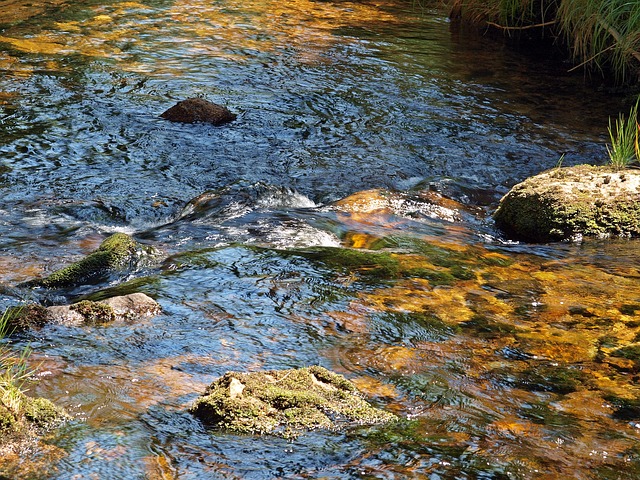
With time, the mind begins to settle. Soon, you will be as still as the willows around you: that is, very still, possibly rooted, but also rough enough to capture the wind’s energy. Settling into the senses makes it so that you are at once a part of the landscape and also witnessing it. Being and aware. Is this how everything feels?
What is it like to be the river? Close the eyes and sense it. What is more true than being water sluiced over a landscape? To be exactly where gravity has pulled you and no less. To be pulled by the weight of yourself. To carve and resist only at the speed that is given to you. It is possible to jump into that consciousness. After all, there are lots of similarities between you and the river. You were probably once a part of each other at some point in the past, or even now. Is it familiar? Suddenly, the river comes alive in a new way. It says: This is my sensory experience. How is yours?
The world outside of the realm of the human senses is unknowable. Like the fifth dimension, we couldn’t even begin to imagine it, could we? Let that rest a while. How great is the awesomeness of the universe? Upon what infinitesimal fraction of this place do you bank your wildest dreams? There are no words or named senses for this feeling, and yet you know it. It is all there, just beyond reach, or even within reach, even within your sensing form—knowing things you cannot. How magical to discover this on a blustery afternoon. What is more true than being a sensual body in the presence of so many others? Sparkling, brilliant, alive, the whole world—the whole universe—feels itself, looks at itself, speaks for itself. Multitudinous voices, eyes, ears, skins, and minds join you in this witnessing.
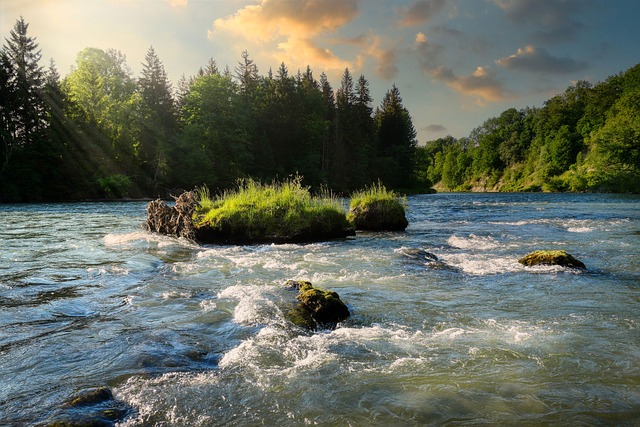
When you are not there to sense the earth, do its places stay the same? Do the rocks, trees, plants, and animals hold vigil, make noise, stay conscious, when they are not observed by the human eye? Of course they do. Deep into the night, in the dead of winter, seconds after you leave, places remain. As you go about your human day doing your human things, yes, the canyon walls are warming in the sunlight. The stream is trickling. Pebbles tick their way out of the wall in small-scale acts of erosion, and the wind blows eerily through the pine trees. The stone walls watch the moon rise.
There is nothing like the way each place inhabits itself. This sense of complete being, of yes this is enough, as you come and go I am content and I will go on without you. You may find this in the intense stillness of wilderness, or in a mote of sunlight illuminating a particular corridor between buildings in a dense city. Places contain themselves, you merely pass through them, and them you. While you are otherwise occupied a few feet or a few thousand miles away, places remain moment to moment, watching themselves through their many eyes. There will always be someone there to witness the being.
Lying on your back on the warm plane of the earth, you may sense the shimmering around and within you. This earth connects all the places you have seen. It is contiguous and all one thing. Merely touching the earth evokes the sense of all it is. The canyon is held open by itself, at all times. The canyon, too, is held within you. All you do where you are is connected, physically, contiguously, and psychically, with the depths of this canyon somewhere, with its mudstones disintegrating into clay downstream. And all this, wordless. These countless nonverbal stories lie far out of the reach of human knowing. As it should be.
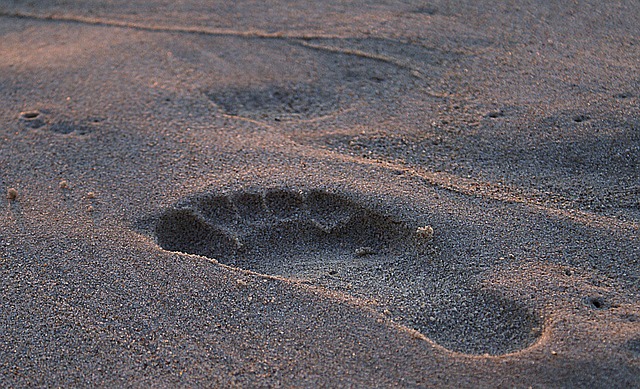

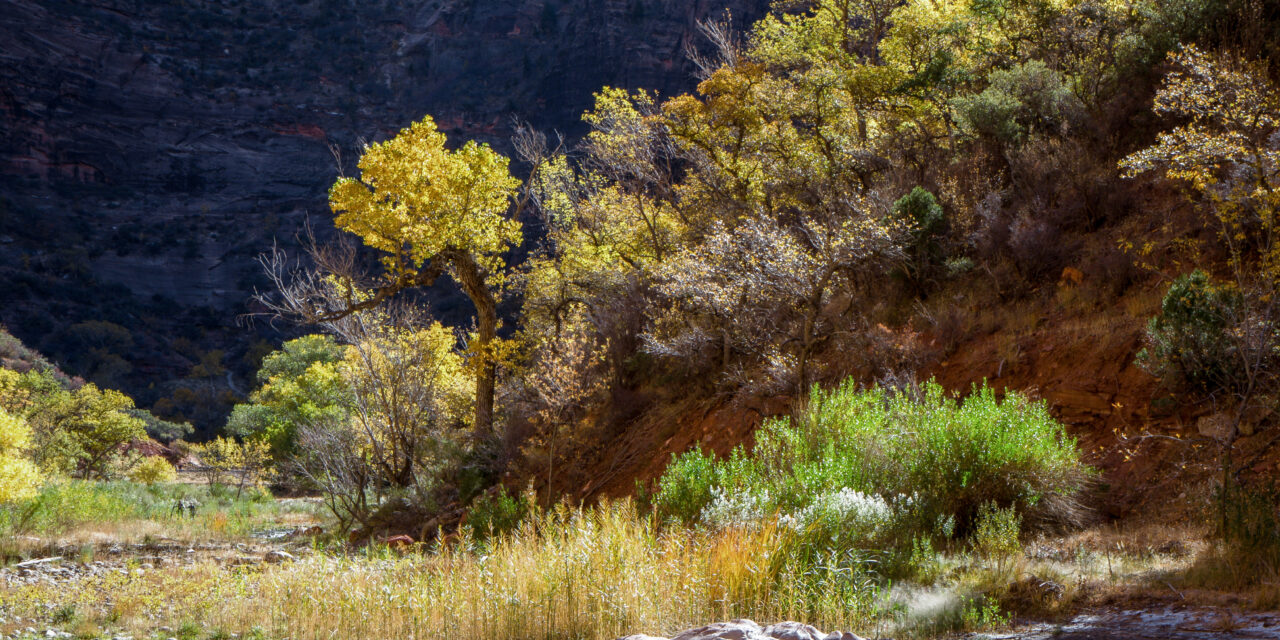
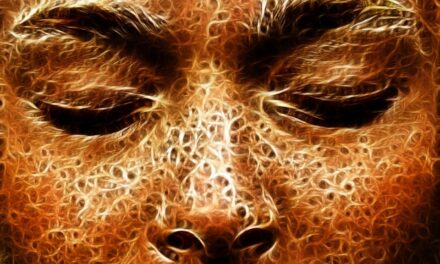
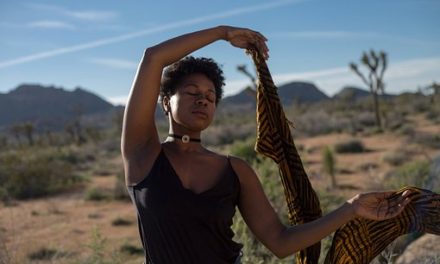
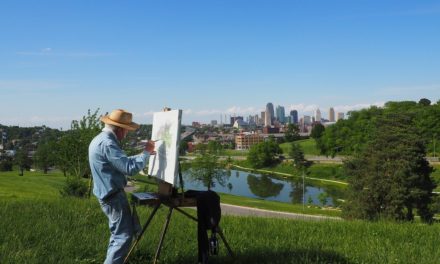
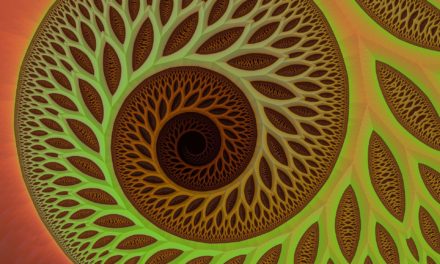

This is SO gorgeous, I shed a few tears and also felt profoundly connected and calm. I love the idea of truly accessing nature/the earth through sensory, and knowing how to allow that to be the primary means of connection rather than just intellectualizing. Also adored the discussion of how nature/spaces/places continue in their existing and witnessing even when we are not there to experience it; there is something so comforting about that. Could not love this piece more, can’t wait to read what you write next!
Lovely and true. Words are a thin abstraction of reality and even our senses detect only a small piece of the reality in which we live. So awesome to be alive and feel the connections to the place we are, wherever that may bel
Tegan has it right “gorgeous” on so many levels.
Vibrant and beautiful!